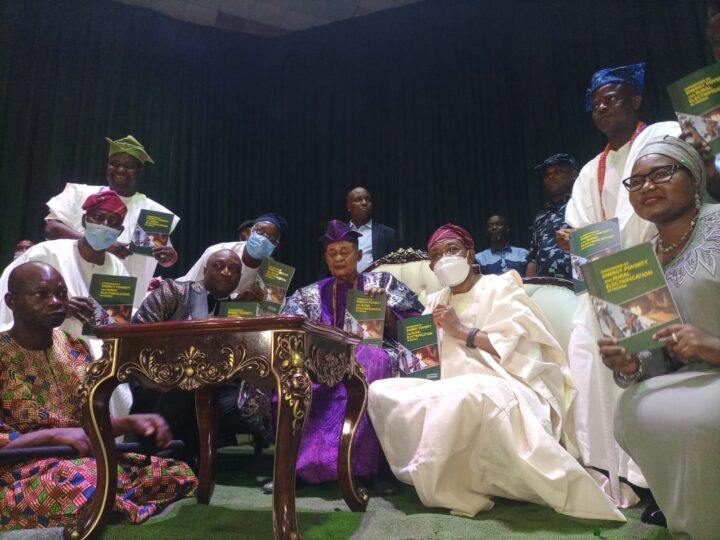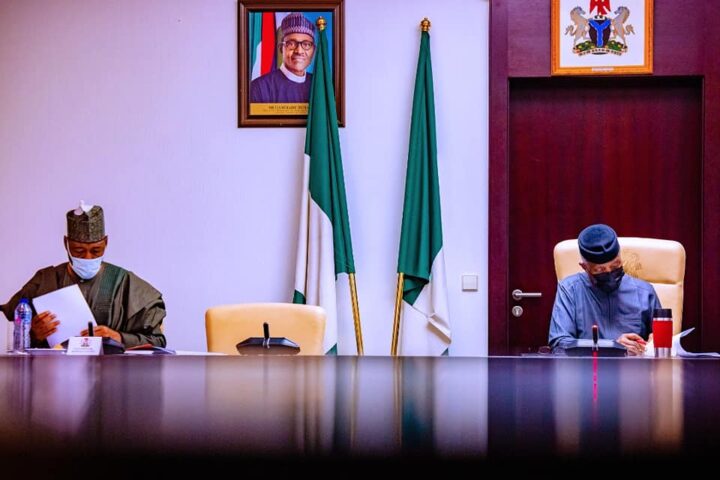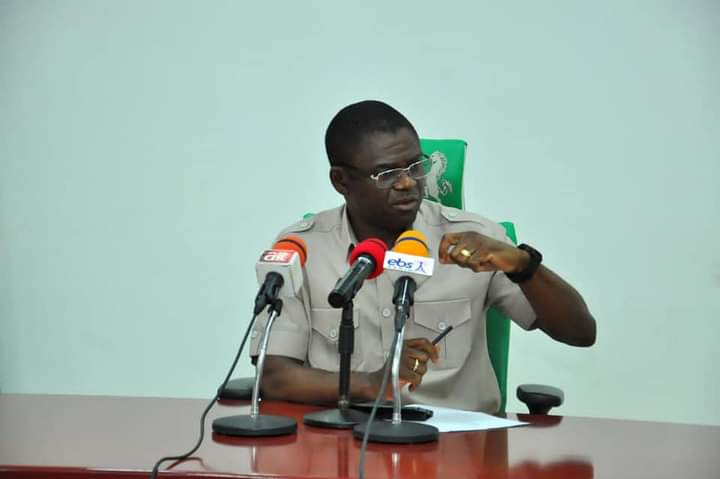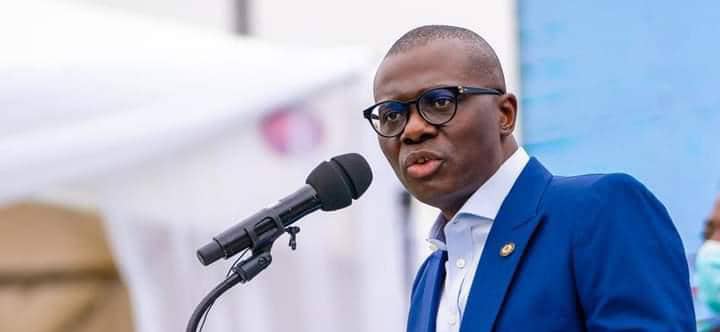Rauf Aregbesola, minister of interior, says Nigeria can learn from Egypt on how to power commercial vehicles with gas.
Aregbesola spoke on Monday at the 60th birthday anniversary and launch of a book by Yunus Akintunde, former commissioner for works and transport in Oyo state.
The book is titled ‘Dimensions of Energy Poverty and Rural Electrification in Nigeria’.
In his speech titled ‘It is Time for Energy Transition’, Aregbesola said while the world is focused on phasing off fossil fuel, Nigeria is still spending trillions on subsidy.
Advertisement
According to him, if public transport vehicles in the country are converted to engines that run on gas, transportation will be cheaper and that would save the government a lot of money.
Egypt had, in January 2021, announced plans for more cars to be powered by gas, including a scheme by the Central Bank of Egypt to offer loans for conversion of vehicles.
Speaking on promoting the use of gas-powered vehicles in Nigeria, Aregbesola said the concern of the world to stop the use of energies that deplete the ozone layer has not gained much ground in Nigeria because of “our addiction to cheap petroleum fuel”.
Advertisement
“There are 11.8 million vehicles on Nigerian roads, according to the Nigerian Bureau of Statistics. These vehicles daily require 72 million litres of petrol to power them. Though energy use is necessary, it comes with its own challenges. Two are extant. The first is that some energy sources are non-renewable, meaning that once they are used, they are gone forever, compared to energy derived from the sun, wind and agriculture products, which are renewable and appears inexhaustible,” the minister said.
“For instance, Nigeria’s oil in the bowels of the earth is a finite resource. The best we can do is to discover what is already there and once we finish it, there will be no inheritance for the coming generation. The earth is poorer for it.
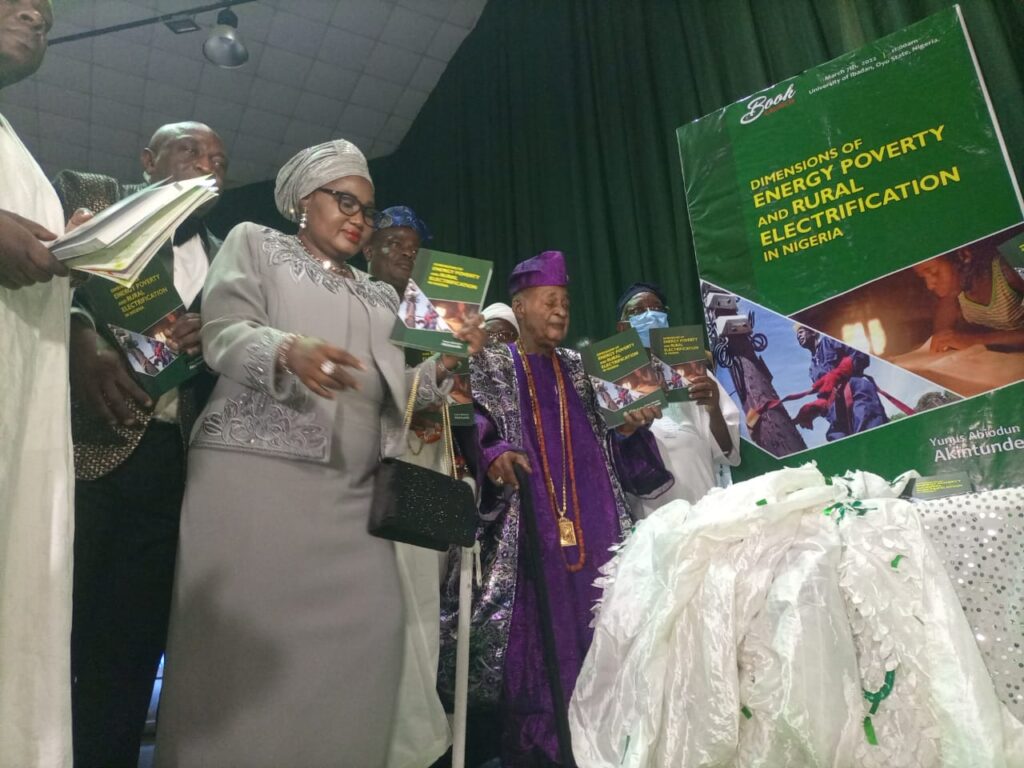
“The environmental campaign of the last 40 years has been to have a transition from non-renewable energy to renewable and stop the use of energies that deplete the ozone layer. A lot of investment has therefore gone into energy from the sun, wind, agriculture products and nuclear plants.
Advertisement
“Within the same period, automakers have been working hard to produce fuel efficient vehicles, with each edition an improvement on the previous, but have now begun a transition to electric vehicles altogether. In the next 20 years, no new internal combustion engine vehicles will be produced. A lot of effort is also going on to produce electric airplanes, especially powered by solar energy.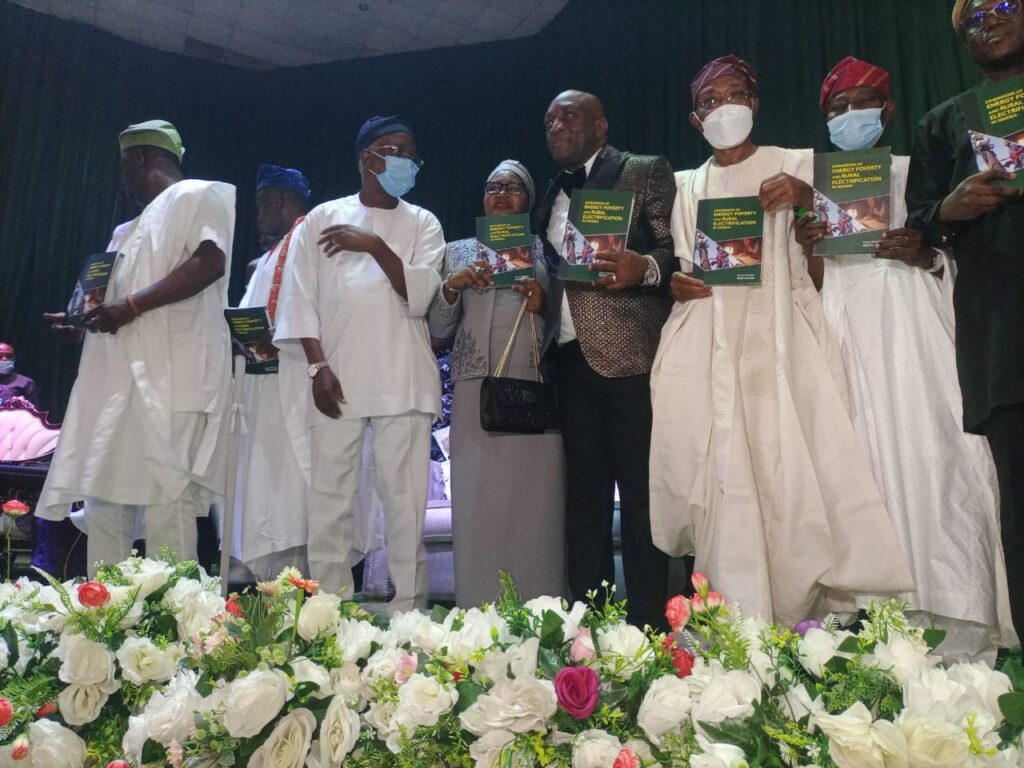
“But quite disappointingly, this concern has not been shared much in Nigeria as our addiction to cheap petroleum fuel appears insatiable. Most of our systems are still dependent on petrol and diesel driving demand crazily for them, with the attendant consequences.
“But we can learn a little bit from Egypt where its commercial vehicles, particularly the taxis, are powered by gas. These are the old Peugeot and Renault cars that are no longer in use in Nigeria and other parts of the world, but which have been converted to use gas and still being used because they are well maintained.
“It is high time we borrowed from this and how do I mean? If all our commercial vehicles run on gas, we save ourselves, the humongous money we spend on subsidy. As of two weeks ago, the federal government considered N3 trillion of subsidy. Let us for a moment imagine how much could go in building critical infrastructure. This is what we churn out every year to subsidise petroleum that we can easily dispense if all our commercial vehicles run on gas, a large chunk of the demand for petrol and diesel will drop.
Advertisement
“The mechanics will take less than a week to learn how to do the conversion and in six months, all commercial vehicles would have gone through the transition. This will reduce the cost of transportation, especially for the masses that patronise public transport systems. Let the private car owners buy the fuel at the price it is without subsidising it.”
The minister further said the views expressed by Akintunde, a leading authority in energy and the first Nigerian to bag a doctorate degree in energy and environment, should be taken seriously.
Advertisement
Akintunde, on his part, said he wrote the book as a way of giving back to society for its investment in him.
“I wrote this book after deep consideration that after clocking 60, I cannot spend 60 years in this world again. By the time I leave, what will I leave behind? If I cannot stay back to lecture, then I need to help the system and being the first PhD holder, I consider it a duty to produce something for those coming behind me to seek knowledge from. That is the essence of writing this book,” Akintunde said.
Advertisement
“I want to say that every kobo contributed here today will be committed to commissioning solar-powered boreholes in our rural communities.”
Dignitaries present at the event included Lamidi Adeyemi, the Alaafin of Oyo, and Rauf Olaniyan, deputy governor of Oyo.
Advertisement
Add a comment

